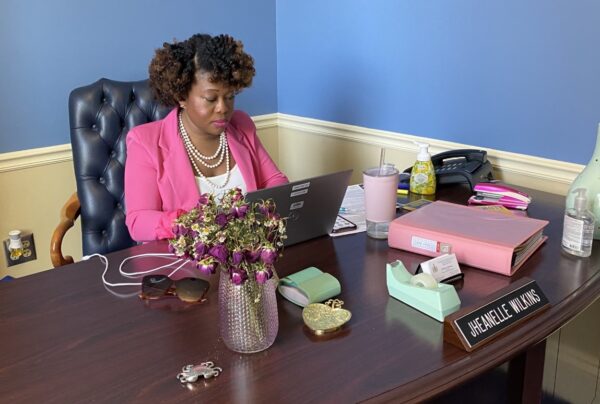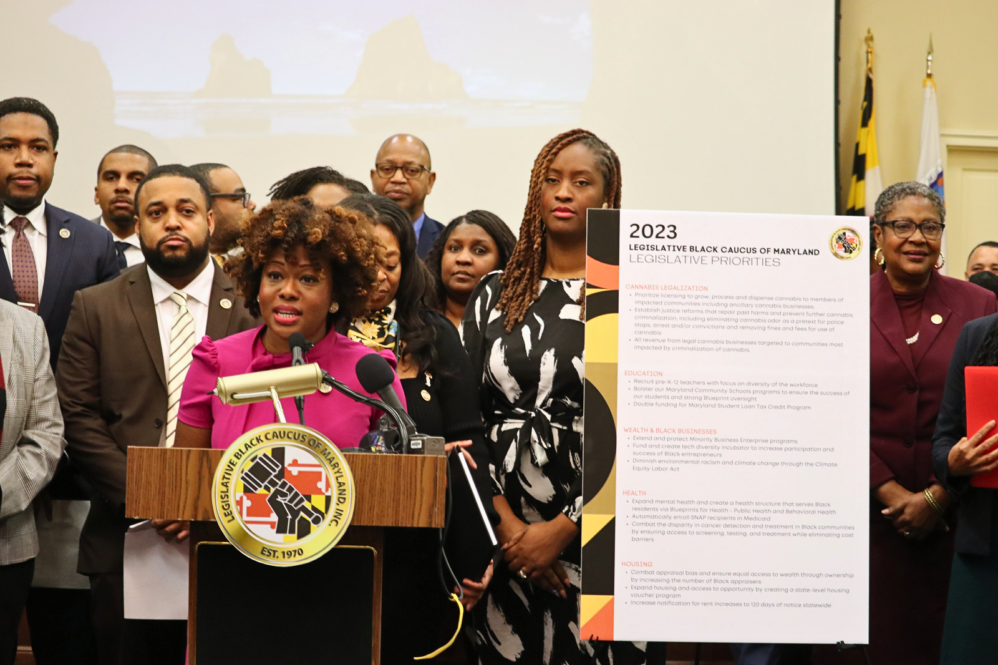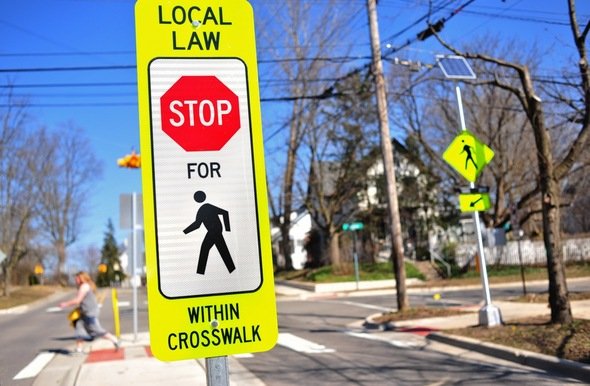MARYLAND MATTERS: The Legislative Black Caucus of Maryland on Thursday held its final virtual meeting of this year’s 90-day session with a few special guests: presidents from three of the state’s four historically Black colleges and universities who presented some recent successes and continuing needs.
Morgan State University in East Baltimore serves the most Black students in the state, said the school’s President David K. Wilson. And he said the school needs an additional $42 million to continue and complete various capital projects.
Another school in the city, Coppin State University in West Baltimore, requested $15 million to expand the Coppin Academy, a public charter school which President Anthony L. Jenkins proudly proclaimed is the only high school in the state housed on the campus of a higher education institution.
Heidi M. Anderson doesn’t want state lawmakers to forget about the University of Maryland Eastern Shore, in rural Somerset County. It is the state’s only land-grant HBCU and one of 19 in the nation. Among several priorities, President Anderson said, about $17 million is needed to build an agricultural recreation building because funding for it from the U.S. Department of Agriculture is set to expire in October.
But getting more money may be difficult as the state’s budget process is coming to a close.
Aminta Breaux, president of Bowie State University in Prince George’s County, didn’t attend the virtual meeting because of a scheduled event in Washington, D.C.

Del. Jheanelle Wilkins, chair of the Legislative Black Caucus of Maryland, in her office, March 21, reviewing legislation approved by the House and Senate that were caucus priorities. Photo by William J. Ford.
Del. Jheanelle Wilkins (D-Montgomery), who chairs the Legislative Black Caucus, said a main goal for the Thursday meeting was to assess some of the top priorities of HBCU leaders.
“As the new chair, as a new caucus with a number of new members, we want to ensure that we are aware and championing your priorities [and] that your priorities and your needs are the work and the needs of the Legislative Black Caucus,” she said.
Toward more wins
The caucus could claim success this legislative session with 15 bills approved by the House, Senate, or both, as of Monday’s crossover deadline for bills to have a chance for approval by both chambers.
Wilkins said the caucus plans to host in-person town halls throughout the state to summarize legislation focused on health, education, cannabis legalization, housing and wealth and Black businesses.
“We worked very aggressively this session to make sure that we saw an initial passage in each chamber of those bills,” she said during an interview Tuesday. “We are working to ensure that these 15 bills receive final passage.”
One measure approved in both chambers – House Bill 1217/Senate Bill 805 – would require health insurance plans, including health maintenance organizations and Medicaid in Maryland, to provide biomarker testing for cancer. Those tests can analyze a patient’s tissue, blood, or other biospecimen to detect specific forms of cancer.
According to the state Department of Health’s 2021-2025 Comprehensive Cancer Control Plan, Black men and women had the highest cancer mortality rates of any racial group.
“That was really important to us when it comes to the fact that Black people…have the shortest span of time when it comes to being able to survive [with] cancer,” Wilkins said. “That equity piece is really important…for our low-income folks on Medicaid.”
Some other caucus priority bills that are on the move include:
- House Bill 1219 (the Maryland Educator Shortage Act requested by the Moore administration) – Would require the state Department of Education, in consultation with the state Higher Education Commission, to establish specific goals to recruit teachers and establish teacher preparation programs. A provision incorporated by the House Ways and Means Committee would require the state to publicize Teaching Fellows for Maryland scholarships available at the state’s HBCUs and to provide stipends for those who receive those scholarships and are enrolled in a first or second year and “pledge to fulfill a service obligation as a teacher employed full-time in a high-needs school, grade level, or content area in which there is a shortage of teachers…for a minimum of two years.”
- House Bill 980 – Del. Caylin Young (D-Baltimore City) sponsored the measure that would prohibit a court from revoking a person’s parole or pretrial release based solely on the use of cannabis. It would go into effect Oct. 1, pending cannabis legalization regulations.
- House Bill 669/Senate Bill 455 – Led by Del. Marvin Holmes (D-Prince George’s) and Sen. Antonio (D-Baltimore City), would offer alternative paths to a real estate appraiser license and to certification. Currently, licensure requires 1,000 hours of training and certification requires 1,500 hours of training, in both cases under the supervision of a certified real estate appraiser. The bill would allow individuals also to become licensed or certified real estate appraisers by completing a program called Practical Applications of Real Estate Appraisal, approved by the Appraisal Foundation Appraiser Qualifications Board. Regardless of the path they take, applicants would still have to pass a state exam to be licensed or certified.
House Speaker Adrienne Jones (D-Baltimore County) said Thursday one reason the caucus has had a successful session is because caucus members are serving in leadership positions.
Among those in leadership are Sen. William C. Smith Jr. (D-Montgomery) who chairs the Judicial Proceedings Committee; Sen. Melony Griffith (D-Prince George’s), who chairs the Finance Committee; Del. Vanessa Atterbeary (D-Howard) and Wilkins who are, respectively, chair and vice chair of the House Ways and Means Committee; Del. Joseline Peña-Melnyk (D-Prince George’s) who chairs the House Health and Government Operations Committee; and Del. C.T. Wilson (D-Charles) who chairs the Economic Matters Committee.
Caucus leaders have said the 64 legislators in the caucus — who also include Speaker Pro Tem Sheree Sample Hughes (D-Lower Shore), House Majority Whip Jazz Lewis (D-Prince George’s) and Senate President Pro Tem Malcolm Augustine (D-Prince George’s) — represent the largest state legislative black caucus in the nation.
“We’ve got a good team, good leadership and chairs. We’ve got members who actually read the bills and do their homework and that makes a difference. Sounds corny, but that’s a big deal,” Jones said. “Just very pleased with this caucus and our committee chairs. Their job is to lead in terms of getting these good bills [passed] that do wonderful things for the community.”
Photo: Del. Jheanelle Wilkins (D-Montgomery) leads a press conference Jan. 25 as chair of the Legislative Black Caucus of Maryland. She summarized the group’s policy priorities for this year’s legislative session. Photo by William J. Ford.











